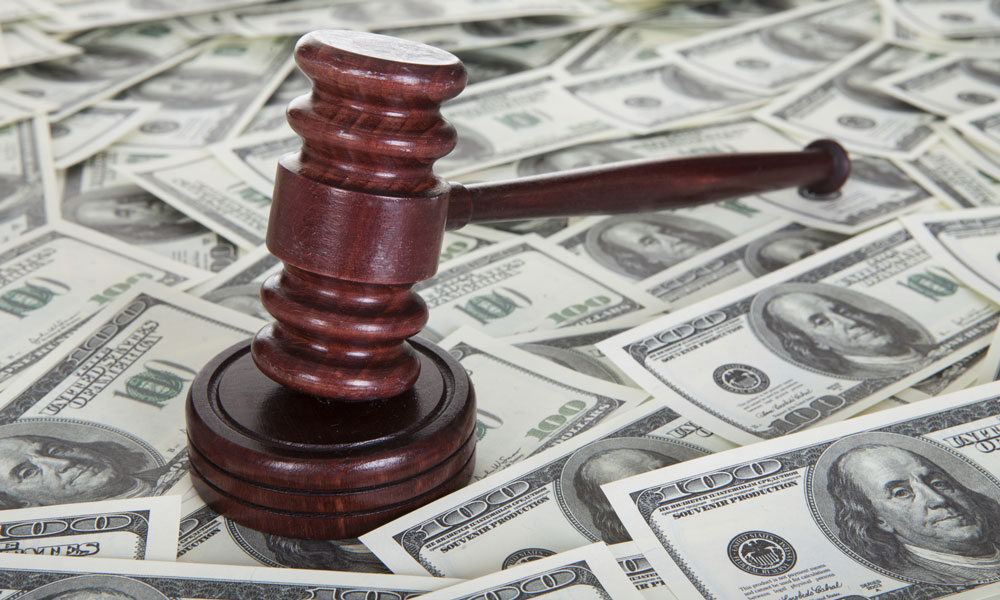
Psychological Association Reaches $9 Million Settlement With Members
A group of American Psychological Association members accused the organization of using deceptive tactics to force them to pay a large annual fee to fund the group’s lobbying arm. Those members sued APA, and the two sides recently reached a settlement agreement.
While the American Psychological Association is continuing to face questions regarding its role in aiding the CIA’s so-called torture program, the Washington Post reported last week that the APA has settled a class-action lawsuit brought against the organization by a group of its members.
APA wanted to put this behind them and get rid of the distraction so that they could focus on the mission of the APA and the APAPO.
The lawsuit claimed that APA used deceptive methods to get its members who were licensed clinicians—about 60,000 of the 122,000 members of APA—to pay a $140 practice assessment fee as part of their membership dues. The funds for the practice assessment, which was not mandatory, were used to bolster the group’s lobbying arm, the APA Practice Organization (APAPO).
Under the settlement, which was reached earlier this year, APA agreed to refund a little more than $9 million to members who paid the assessment between 2001and 2015. According to the lawsuit, the practice assessment generated about $6 million annually.
“APA viewed that [assessment] as a professional obligation of the members, and so the language in the dues statement was that people that met the criteria ‘must pay’ the assessment,” said Jonathan Paikin, a partner at the WilmerHale law firm who represented APA and APAPO during the litigation. “People were not kicked out of the organization if they didn’t pay the practice assessment, but the plaintiffs brought a lawsuit saying that that was deceptive and that the dues statements were misleading.”
In 2012, a district court judge in Washington, DC, initially dismissed the case, but the ruling was overturned by an appellate court last year. That’s when the APA began discussing a possible settlement and ultimately struck a deal.
“APA’s position, and it’s still its position, is that the dues statements were clear that it was a professional obligation for people to pay and that they did nothing wrong,” Paikin explained. That said, APA also “recognized that they wanted to put this behind them and get rid of the distraction so that they could focus on the mission of the APA and the APAPO. That was really the driver behind the settlement.”
According to the terms of the settlement, eligible members must submit refund claims by October 12. Barring any objections or delays with the claims process, members will start receiving their refunds early next year.
Though it did not concede to any wrongdoing in the settlement, APA said in a statement that it will clarify its dues statements and begin calling the practice assessment “APAPO Membership Dues.”
“Joining APAPO has never been required for membership in APA, and that will remain the case moving forward,” the statement read. “Other changes will be made to the APA dues statement to underscore that APAPO membership is a recommended option—due to the advocacy work the APAPO does on behalf of the profession—but is not a requirement for APA membership.”






Comments